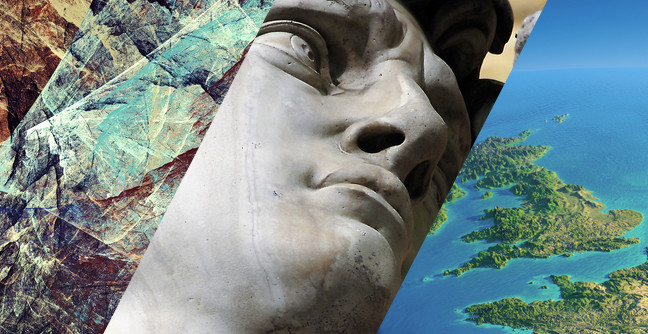Studying Arts and Humanities at University
Arts and Humanities encourages you to think creatively, to ask questions about our world and become an informed and critical citizen.
Read MoreStudying Arts and Social Sciences at City, University of London
The School of Arts and Social Sciences at City is a cosmopolitan, outward-looking, internationally-excellent centre of research and learning on the human condition in all of its dimensions.
Read MoreAn Introduction to Arts & Humanities
Although the career paths for Arts & Humanities degrees aren’t as obvious as a science based or vocational degree, it doesn’t make them any less popular and every year millions of students opt to study a subject that falls into the category of Arts & Humanities.
Read MoreDelve into our history with a degree in archaeology and study humanity in its broadest context. Archaeology is ideal if you have a deep interest in unravelling the past, with specialist fields including Greek, Roman and Egyptology.
Read MoreWhat Grades Do I Need to Study Archaeology?
Archaeology is an incredibly broad subject that embraces both the humanities and the sciences. This means that a degree in Archaeology provides you with a very good skill set for a career in many professions, not just Archaeology.
Read MoreThe Type of Music Student Echo Factory Look For
If you get fame, so much the better, but in the meantime, we will provide you with a bedrock of knowledge, skills and approaches that prepare for a sector that doesn't sit still as new cultures of production take over and escalate opportunities for talent and determination
Read MoreFrom traditional mediums such as oil painting, charcoal and pencil to contemporary metal sculpting, clay pot making, glass work and graffiti - art is a subjective discipline requiring natural artistic flare, vision and commitment.
Read MoreIt can be difficult to know which degree to choose when you’re applying for university, especially if the STEM subjects – Science, Technology, Engineering, and Maths – don’t really appeal to you.
Read MoreAn undergraduate degree in Art Practice allows you to explore a wide selection of artistic media and offers a more flexible approach to your degree. Areas you may look at include painting, print making, sculpture, and digital art.
Read MoreIf you’re interested in art and technology then a degree in Digital Art would help you combine both your passions. By using a computer you can manipulate anything from photographs to sound clips to create something new and exciting for your audience.
Read More














